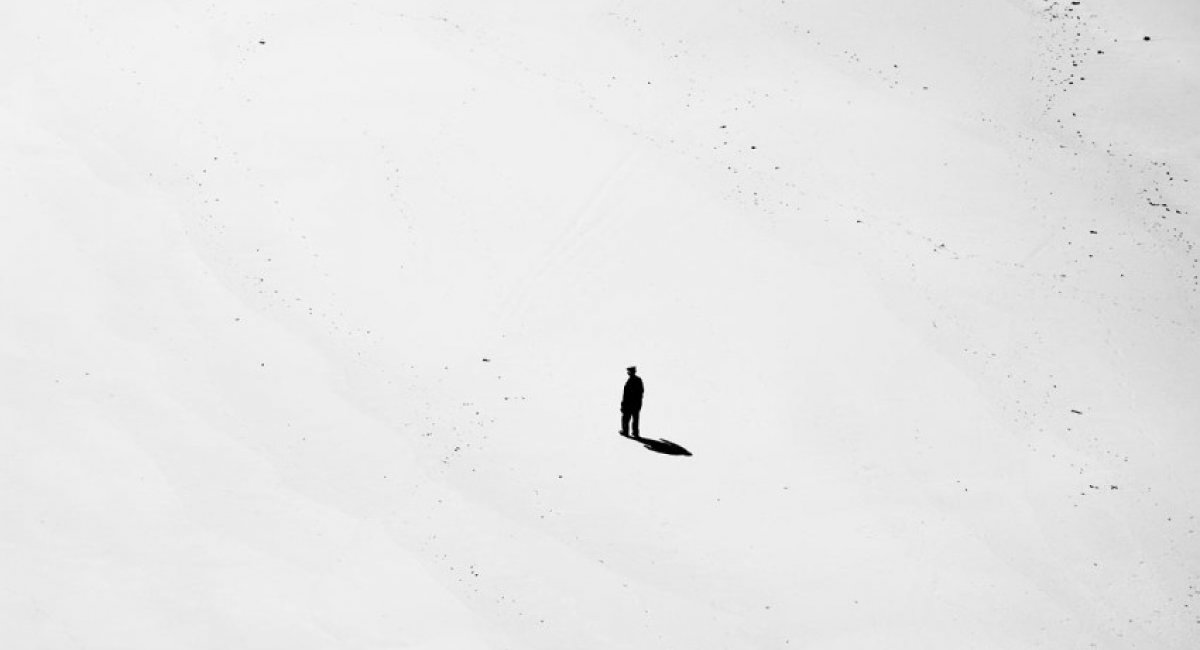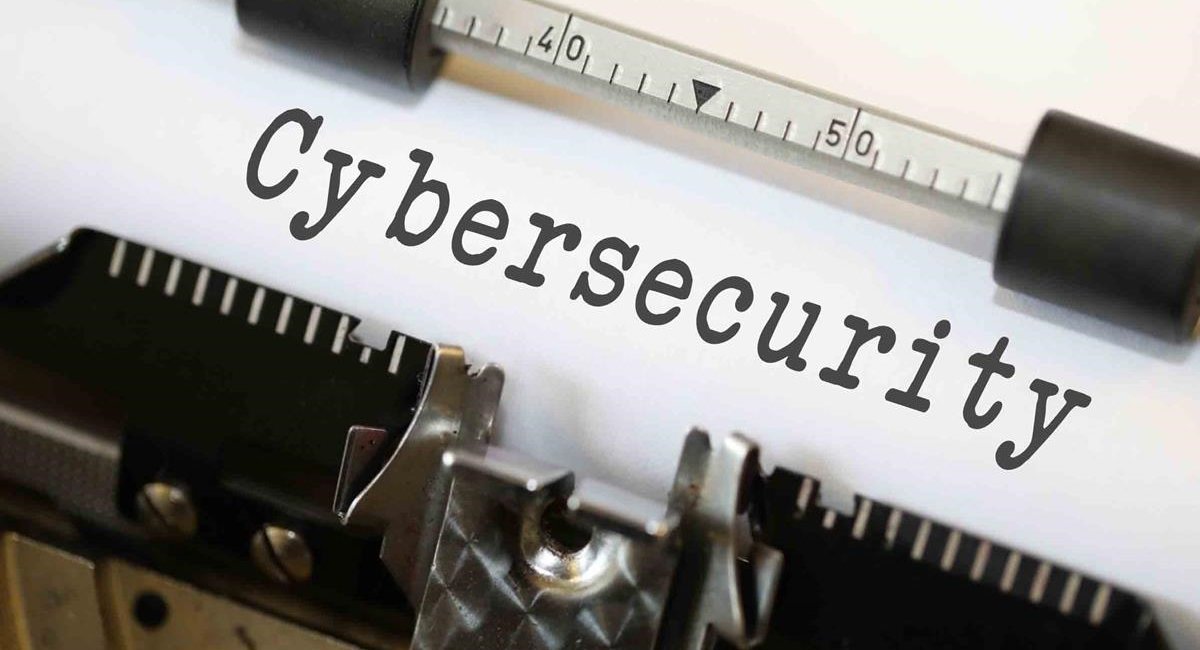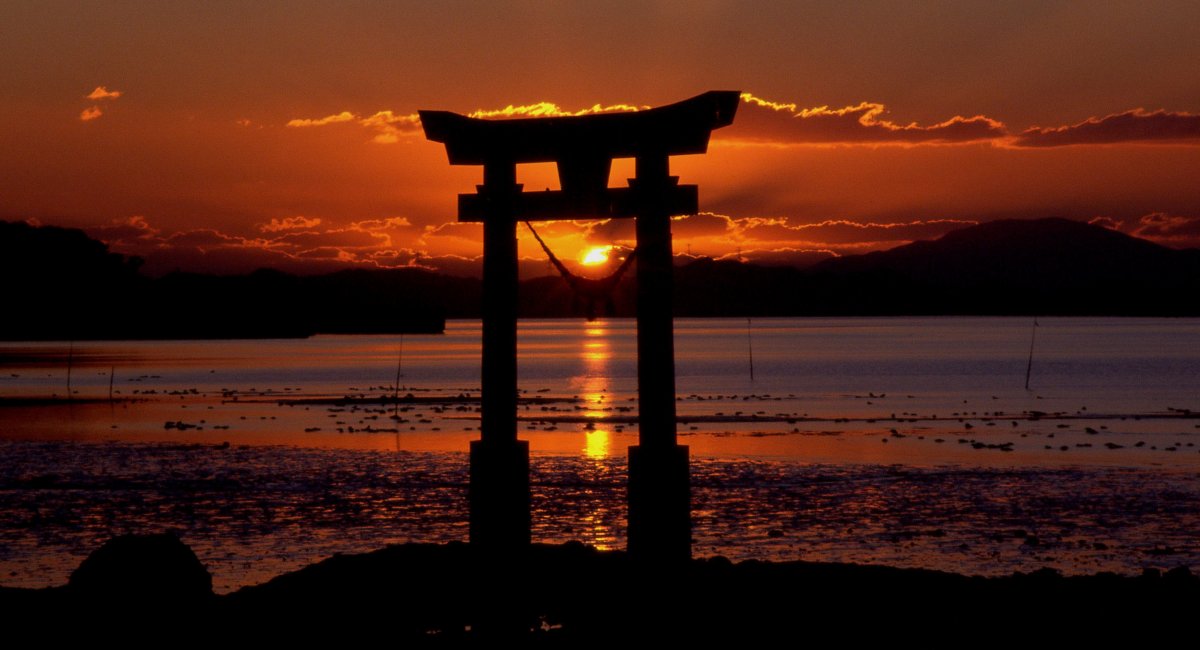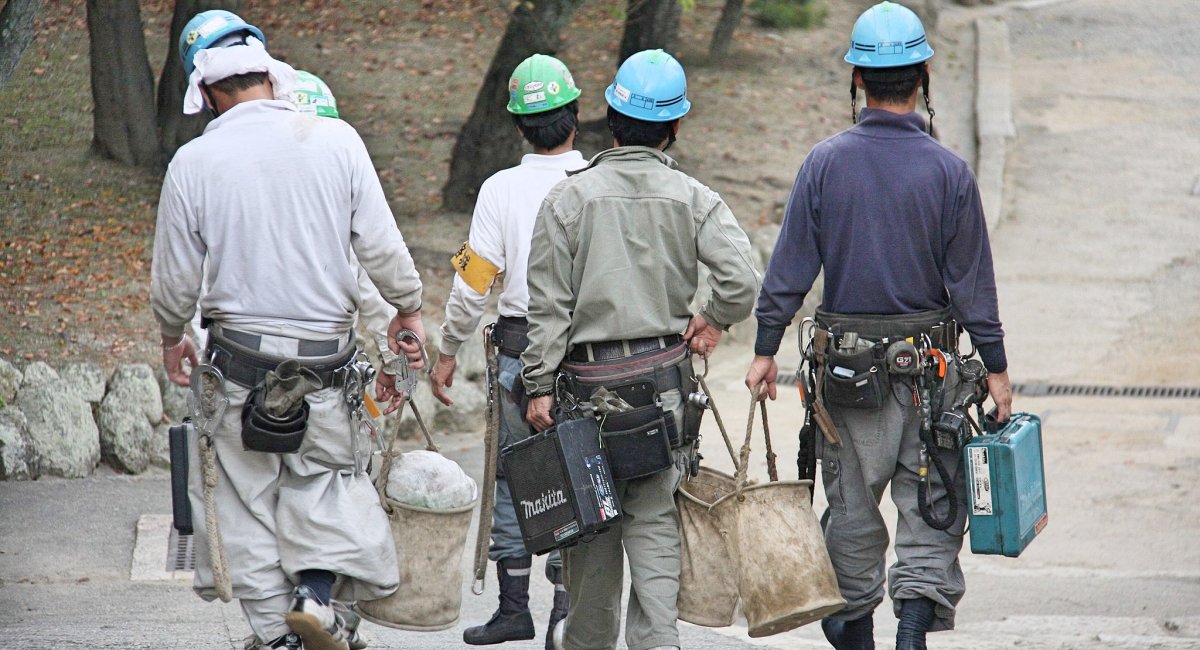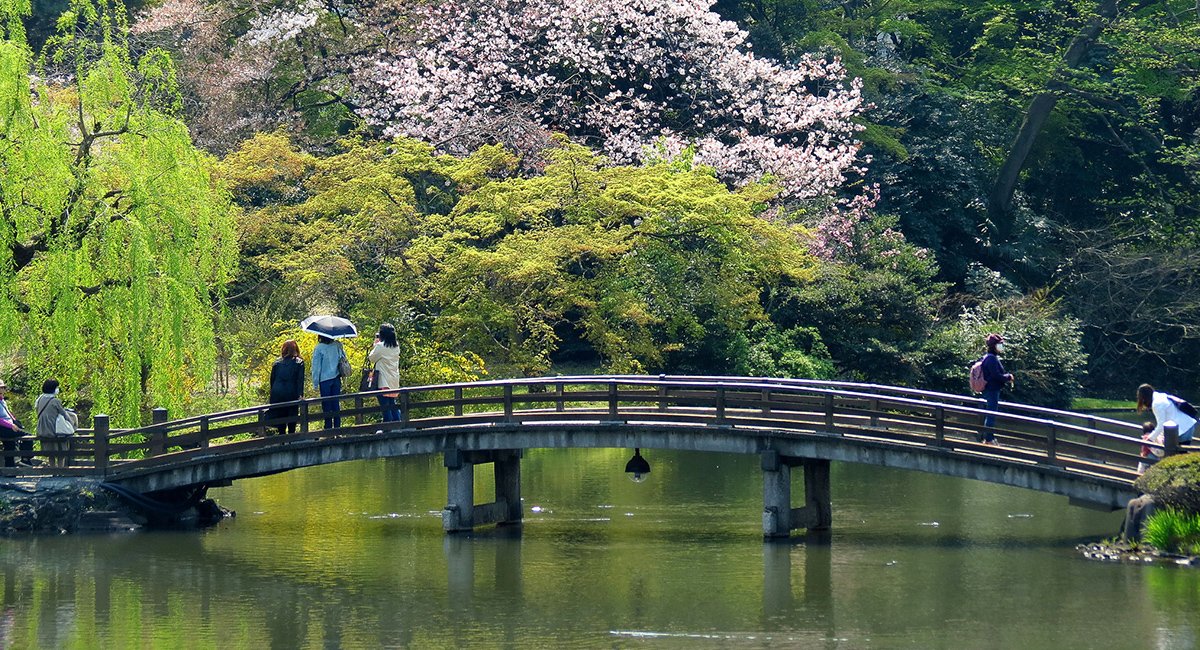Hip-hop and anime
By Di, April 22 2019
Takashi Murakami's work on Billie Eilish's new video for "You Should See Me in a Crown" is the latest example of Western music's ongoing love affair with Japanese anime. It’s also exciting to see the art form embraced by Lil Uzi Vert, Soulja Boy and so many other artists in the world of hip-hop.
A recent uptick in anime-charged prose has seen mentions of mainstream fan favorites such as “Dragonball Z” and “Naruto,” and more obscure series like “Berserk” and “Lupin the Third.” These examples barely scratch the surface when it comes to the abundance of spoken anime references in hip-hop and R&B. What gets fans of both anime and hip-hop hyped up is when the two fields collide visually.
The 2018 Report on the Japanese Anime Industry recorded an increase in the market value of anime's overseas market by 29.6 percent from 2016 to 2017. Anime might be Japan's most valuable soft-power weapon—even more than sushi.


